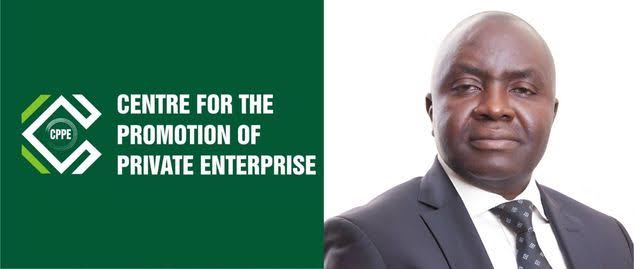By Abubakar Y. Ojima-Ojo
The removal of fuel subsidies in Nigeria has unleashed profound economic consequences, both positive and negative, according to energy expert Dr Ayodele Oni.
Speaking in an interview in Lagos on Tuesday, the partner at Bloomfield Law Firm outlined how the policy shift has reshaped the nation’s financial landscape.
Dr Oni noted that while the government hailed the subsidy removal as a vital economic reform, the immediate fallout has hit ordinary Nigerians hardest.
“Rising fuel prices have had a direct and substantial impact on the cost of living,” he said, highlighting the reliance of small businesses and households on fuel amidst an unreliable electricity supply.
“Increased fuel costs drive up prices for goods and services, creating a ripple effect across the economy.
The surge in petrol prices, he warned, risks lowering living standards and deepening poverty, particularly for those already grappling with basic needs.
Yet, Dr Oni also pointed to potential long-term gains. “By scrapping subsidies, Nigeria can reduce its dependence on borrowing,” he said, referencing the Debt Management Office’s report that the government borrowed N1 trillion in 2022 to fund fuel subsidies alone.
Redirecting these savings, he argued, could bolster critical sectors like education, healthcare, infrastructure, and security—paving the way for sustained growth.
The policy shift, enacted in May 2023, has also spurred changes in Nigeria’s downstream sector. Dr Oni highlighted how deregulation could attract investment and foster competition, ultimately benefiting consumers.
However, he flagged a notable development: the Dangote Refinery’s decision to price petrol in dollars. With the naira weakening against the dollar, this move could push local fuel prices higher, especially as global crude oil costs rise.
Still, he expressed hope that increased domestic supply from the refinery, coupled with a stabilised foreign exchange market, might eventually ease prices.Despite progress toward deregulation, challenges persist.
Dr Oni acknowledged that the Nigerian National Petroleum Company (NNPC) retains a dominant role in fuel imports, while legal disputes between Dangote and the Nigerian Midstream and Downstream Petroleum Regulatory Authority underscore regulatory hurdles.
“These discussions signal the possibility of future reforms,” he said.Local refining, too, faces obstacles. Dr Oni explained that production costs at refineries like Dangote outstrip those of international competitors due to pricey crude oil and operational inefficiencies.
“Locally refined petrol often ends up more expensive than imported fuel,” he said.
He suggested that improvements in refining capacity and the business environment could enhance competitiveness over time.
L “Nigeria’s economic future depends on continued reforms, infrastructure investment, and efforts to stabilise the naira,” he said .





